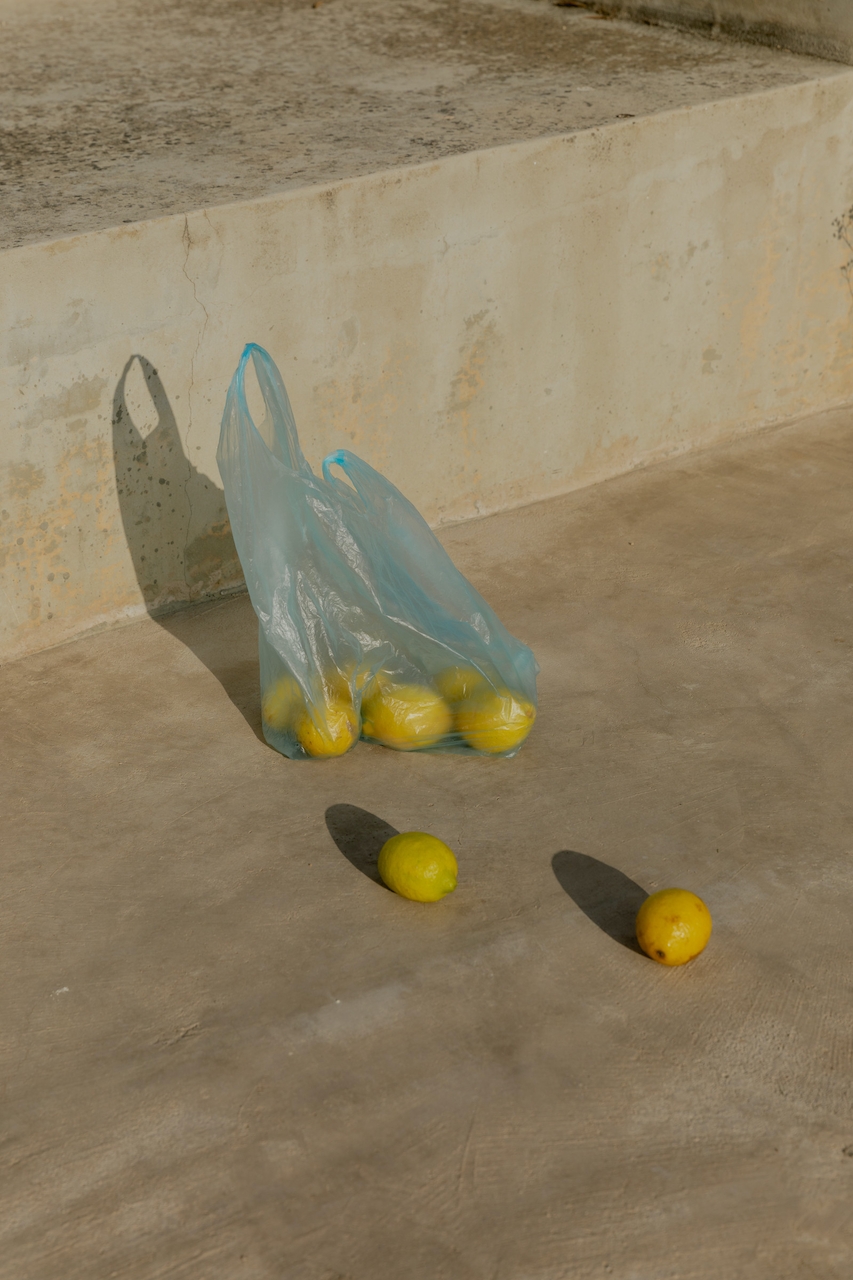As Filipinos, everything we do is family style; including how we address each other.

When you travel to the Philippines and get into a Grab (Philippines’ version of Uber), you greet the driver using “kuya” (big brother) or “ate” (big sister). When you go out to eat at a restaurant and want the waitress to bring you some water, you get her attention by saying, “excuse me ate,” then follow with your request.
Although “kuya” and “ate” translate in english to “older brother” and “older sister”, in the Philippines and amongst (Tagalog) Filipino culture in the diaspora, they can be compared to more of a “ma’am” or “sir” type of reference. You can also use the terms for uncle & auntie- ‘tito’ & ‘tita’, or mom and dad- ‘nanay’ & ‘tatay’, if the person you’re speaking to is noticeably older than you/the level of intimacy between you is appropriate. The honorific you choose should depend on the generational difference perceived, and the amount of respect you want to convey. You can also use ‘po’ at the end of a statement as an honorary to someone older/of higher stature than you.
Even though this form of communication is meant to signal a sign of respect, it can leave room for error. In Filipino culture, the expectation to “respect our elders” is real. When we address each other this way, we inadvertently reinforce the social caste that plagues the psyche of the Filipino.
The problem is, we talk to each other based on surface level perception.
If you mistake someone for being older than they actually are, you might refer to them as “tita”. Depending on how it’s received, this could have an adverse effect. You might end up offending the recipient instead of fostering an intimate connection. Even if you do get the label right, you’re still endorsing the superior/inferior complex that comes from “respecting our elders” at whatever cost. This complex infers one person’s thoughts and opinions take precedence over another’s, simply because they have more lived experience. It’s also followed by the notion the younger generation should be willing to submit to the elder’s instruction, regardless of if/how detrimental it can be.
The strength of our utang na loob, or ‘debt of will’ to our family’s expectations of us catches us in a toxic cycle of generational trauma patterns. We contribute to these patterns when we prioritize doing what’s expected of us, without understanding the meaning, context, or intent.
We recently interviewed Bles Chavez-Bernstein on TFAW Project podcast where we unpacked this together. At the beginning of our conversation, we asked her if/how she wanted us to refer to her using Filipino honorifics. This is how we’ve learned to navigate interviews and avoid coming across as offensive; by explicitly asking each guest what their preference is.
Bles responded by asking us to just call her by her name. She explained how while she may be older than us in age, she’ll always be young in spirit. Therefore, she didn’t want to be referred to as somebody’s tita, and understandably so. I appreciated her poignancy. I imagine many others probably feel the same way, but just don’t bother to express it.
By the same token, we’ve also shared space with a number of Pinays who appreciate the tribute.
Some have even asked us if they can call us their ates; to which we say, yes of course! We want both our guests & our listeners to think of us as family. We couldn’t feel more honored to be thought of as thought-provoking sisters from which our kumares can seek guidance.
All this to say: everyone is different & is entitled to their own opinion. There’s no one size fits all. To each their own! Salamat for reading, po <3 🥂

















